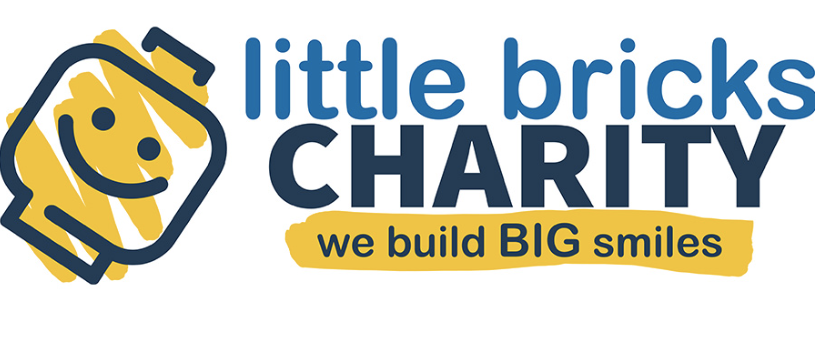LittleBricks Charity Almost Fall Victim to Overpayment Check Fraud Scam
What hurts more than stepping on a bunch of LEGO blocks while barefoot? Hearing that a charitable organization has fallen victim to a scammer.

Unfortunately, no one is off limits to fraudsters -- not even charities. While many would think that the fraudsters would imitate a charity to steal funds for donators, there are fraudsters who will target charities themselves via "contributions." While banks can protect their customers by utilizing technologies from vendors like OrboGraph to detect check fraud, they are also expected to help educate their customer base to be more aware of the scams.
Overpayment Check Fraud Scam
With all that in mind, we examine a scam story posted on Linkedin by Russell Cassevah, CEO of Little Bricks Charity:
Last week, Little Bricks Charity received what seemed like a miracle—a $95,000 donation from a man who claimed he was dying of cancer. He told us how much our work with hospitalized children meant to him and wanted to leave a legacy through our charity. We deposited the check, and for a moment, it felt like the world was smiling on us. That donation would have made such a difference, funding our programs for nearly a year and bringing joy to over 3,000 children in hospitals.
But today, everything changed. The same man emailed, saying that $45,000 of the donation wasn’t meant for us, that it was supposed to go to two other nonprofits, and he asked for a “refund.”
The details above is a clear example of an overpayment scam -- a classic swindle that dates back to the early 2000's. A fake check is sent to an individual or business (a charity in this case). The sender will then ask for a portion back due to an "error."
This is method is utilized in a variety of scams including secret shopper and employments scams.

Vigilance is Key to Preventing Check Fraud

Luckily, Mr. Cassevah had a hunch that this was suspicious and did his own research.
My gut told me something was off. After double-checking with both our banks and speaking with the FBI, my worst fears were confirmed—it is fraud.
While the ending would seem to be happy -- the charity was able to avoid losing $45,000! -- there is still a somber side:
It’s hard to put into words how devastated I feel. Not just for me, but for the children we help. To think someone could fake having cancer, exploit the goodwill of a charity, and try to steal from kids who need us—it’s beyond heartbreaking. That $95,000 was going to change lives.
No One is Off-Limits for Scammers
Scammers can have a devastating impact on charitable organizations -- diverting crucial funds away from legitimate causes, damaging the reputations of organizations, and eroding trust among donors and beneficiaries. This can lead to financial instability and hinder the charity's ability to carry out its mission effectively, as seen in Russell Cassevah's experience with Little Bricks Charity.
Following Mr. Cassevah's post, in fact, are comments by representatives of other charities noting that they'd been victims of scammers as well.
While OrboGraph has no affiliation with the LittleBricks Charity, we certainly welcome the opportunity to spread the word about their situation and invite our readers to contribute to their cause. Their aim is to "build big smiles" on hospitalized children by delivering LEGO sets to children's hospitals.